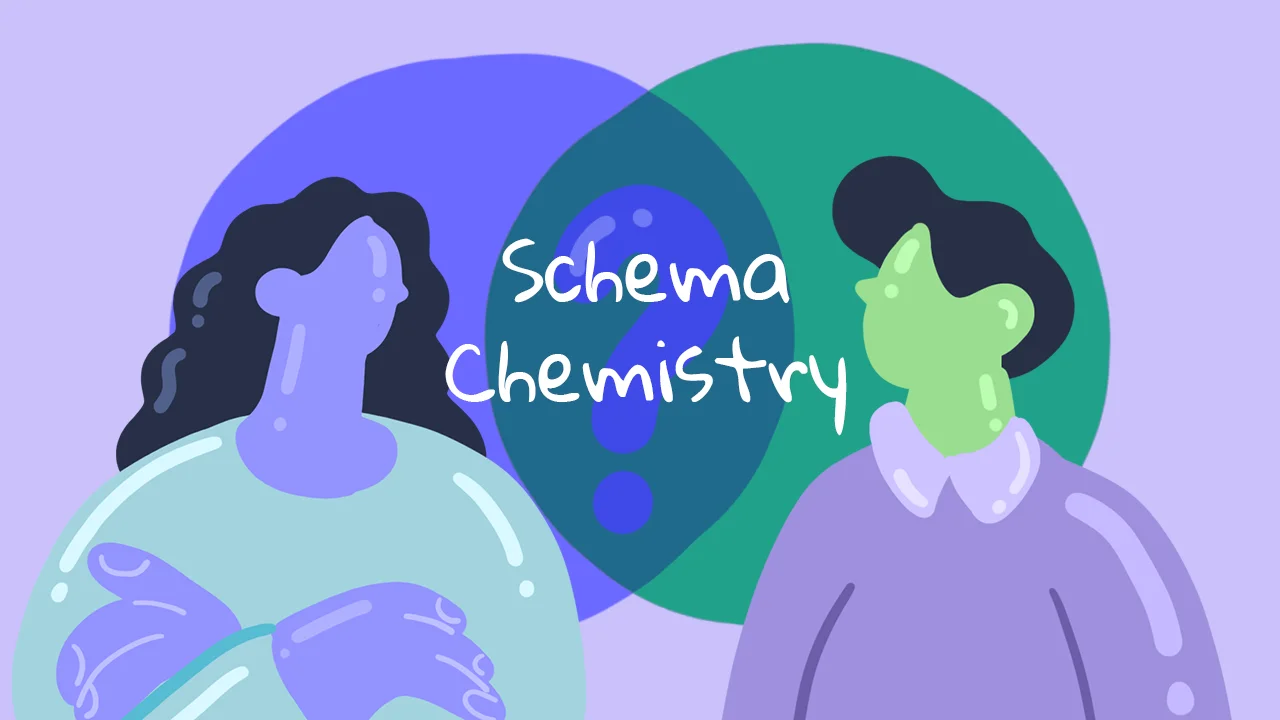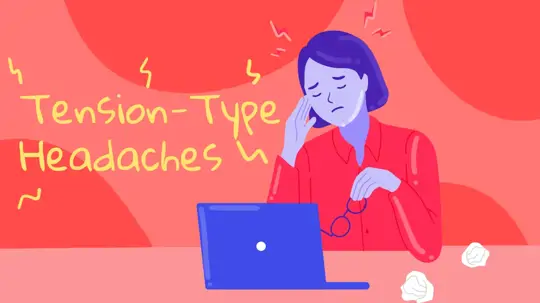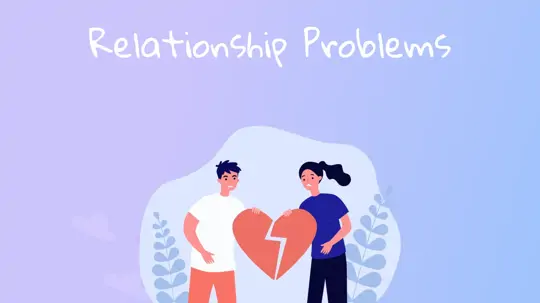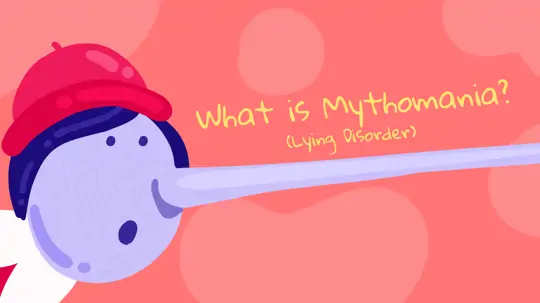
Start feeling better today!
Connect with your therapist today and take control of your life like our 850.000 happy clients.
Get StartedWhat are Schemas?
Schemas are destructive themes or patterns of memories, thoughts, and feelings that begin to form during childhood or adolescence, relating to oneself or one's environment. When not recognized, schemas tend to persist throughout life.
Our schemas shape how we see and evaluate ourselves, other people, and our environment. For example, a person with an abandonment schema may live their life with the belief that they might be abandoned at any time.
This person evaluates their experiences with the belief that they will be abandoned or finds themselves in inconsistent and unreliable relationships with a high probability of abandonment.
Schemas perpetuate themselves through thought errors and schema-feeding behaviors. People with destructive and negative schemas may wonder, Why do I always end up in the same situation?
or Why do the same kind of things always happen to me?
What is Schema Chemistry?
The schemas that people have and their early experiences play an important role in their future partner choices.
Schema chemistry is the tendency to feel intense attraction towards people who will fit our negative schemas and to have relationships with people who share these schemas. In schema chemistry, we can feel an intense attraction to someone who is compatible with our schemas.
In fact, concepts like love at first sight and infatuation may be signs of schema chemistry, which may appear innocent at first. So, when we feel such strong and intense emotions, we need to pay close attention.
Why Do We Feel Attracted To People Who Fit Our Schema?
One of the most important reasons why we feel attracted to people who fit our schemas is that they are familiar to us. Because we know our schemas so well and view the world through the filtered glasses of them, we may feel like they are people close to us, familiar, and even long-standing. In fact, the attraction and familiarity we feel stem from our schemas' sense of intimacy.

One of the most obvious examples of schema chemistry is that people with abandonment schemas feel attracted to people who are inconsistent, unavailable, workaholic, or in a relationship and want to choose them as partners.
People with abandonment schemas may be left alone or truly abandoned in their relationships, as the people they feel attracted to are already unavailable to the relationship. Thus, their schemas are self-validating.
Another example would be for someone with a failure schema to choose and feel strongly attracted to partners who are critical, overly perfectionistic, and judgmental. In this example, the person's failure schema can be continually triggered by their partner's attitudes towards them so that the schema can perpetuate itself. For all other incompatible schemas, you can read our article Schema Therapy.
Can You Have A Healthy Relationship Through Schema Chemistry?
Between two people who are attracted to each other because of their schemas, a healthy romantic relationship is highly unlikely because such relationships help them perpetuate destructive and negative schemas.
However, if both people are aware of their schemas and they are working on these schemas and their effects on the relationship, they can act in a healthy way towards the relationship. For these reasons, it is crucial to distinguish schema chemistry from genuinely liking someone.
How Do We Understand Schema Chemistry?
If you always feel attracted to similar people and you have difficulties in your relationships because of this, there are a few important things to consider. First of all, you should be careful about love at first sight. While liking someone at first sight is healthy and normal, falling in love at first sight can be a sign of a destructive schema.

However, it's crucial to consider whether the familiarity engendered by the schema in our partner choices contributes to our ability to have wonderful and fulfilling experiences.
If you are attracted to similar people in your romantic life, if you encounter partners who are not good for you, you should take a closer look at your partner choices. At this point, you can identify a few questions you can ask yourself. Here are some of the questions that can help you differentiate schema chemistry from true liking.
- How much do I feel attracted to the other person
- When have I felt a similar emotion before?
- Is the other person available and willing to meet my healthy needs
- Is this relationship a healthy relationship with an equal balance of give-and-take?
Is It Possible to Avoid Schema Chemistry?
Although it can be tiring and annoying to experience the same things over and over, it is a great opportunity to understand why it happens and to take action! We can recognize and be cautious of the partners we choose for our schemas, just as we can understand and challenge our own schemas.
We can build healthy relationships by asking ourselves questions, setting boundaries with unhealthy partners, being careful around people with high schema chemistry, and, if necessary, getting help!
Sources
- Rafaeli, E., Bernstein, D. P., & Young, J. E. (2012). Schema Therapy Distinctive Features. Istanbul: Psychonet Publications.
- Azizlerli, N., Şaşıoğlu, M., & Karaosmanoğlu, H. A. (2016). Starting Relationships Continuing Ending. Istanbul: Psychonet Publications.





